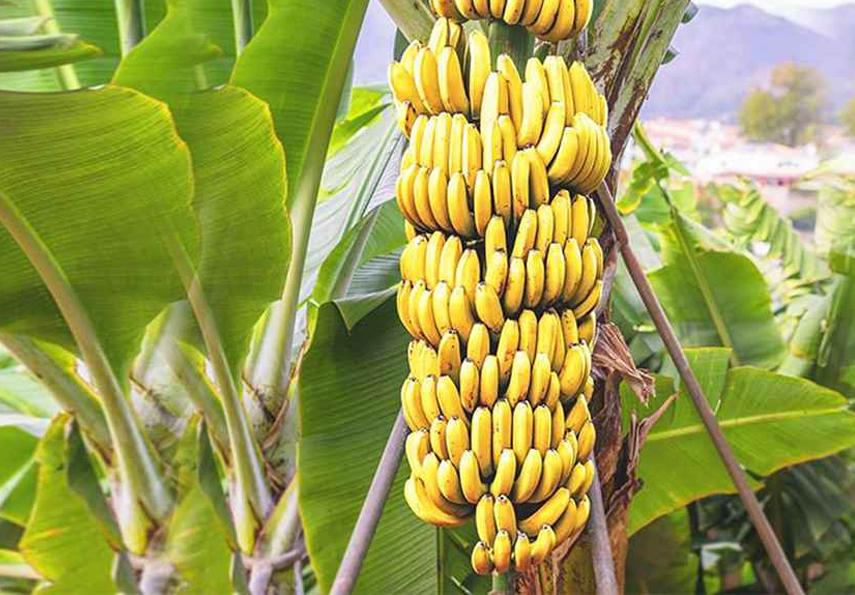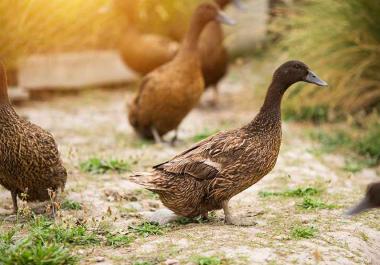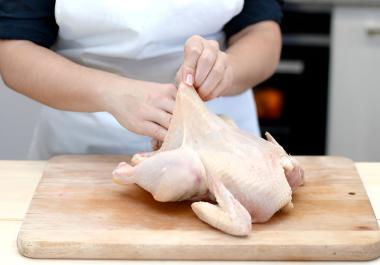
Harvest Time
1 year
G9 Banana
ROI
5.00% - 9.00%
Cost Per Unit
৳500.00 BDT
Invest End Date
20 Nov, 2025
Project Overview
1)As this is a Murabaha contract (Production-sell), there is no opportunity for investors to make an emergency exit. We will cultivate the bananas and sell them to enlisted Grow Up merchants. Therefore, we can’t return your investment before the project closes.
2) Duration of Investment
The total investment amount will be - 20,97,900
This investment will be for 6 Months.
3) Projected ROI(Return of Investment)
The return on investment (ROI) will be 39% annually. In six (6) months, the investor will receive a halal dividend of 19.5% (excluding service charges).
4) Investment Part
Here, the minimum investment would be 13200 TK, or investors can invest up to the project limit. Halal dividends will be disbursed every six months.
For example, if someone invests 100,000 TK (one lakh taka), they will receive 139,000 TK, excluding service charges (100,000 TK as the investment part and 39,000 TK as the profit part in a year).
5) Loss Sharing
Grow Up is a Shariah-compliant project, and according to the Murabaha Principle, investors bear no responsibility for any business losses after transferring the liability to the Grow Up authority for the cultivation of G9 Bananas and also selling out those to Grow Up enlisted Merchant. Any losses incurred after handing over the product to the agent/merchant are not shared with the investors. Therefore, there will be no loss sharing from the business after the handover of the product to the merchant.
6) Service Charge
Grow Up will apply a 5% service charge on investors' profit. It should be noted that all of the mentioned ROI above are provided after excluding this service charge.
7) Contract Conditions
Investors will engage in a Murabaha Agreement (production-sale) contract with Grow Up for the G9 Banana Project. This process involves a "production-and-sell" model, where investors will initially invest in G9 Banana cultivation through the Grow Up Authority and ensure the sale of those Banana through the Grow Up marketing team.
Grow Up will act as an agent for the investors, undertaking the cultivation of g9 banana, assuming ownership and risk of asset possession on behalf of the investors, and subsequently selling them to enlisted merchants.
8) Risk Factor
According to our calculations, although the risk factor stands at 4%, the Grow Up highly expert team is confident in their ability to mitigate and manage these risks effectively, as outlined previously.
9) Payment Delay
Grow Up has conducted an in-house analysis of the projected returns of the business and expects to be able to repay on time, barring any unforeseen risk factors.
10) Security
Grow Up provides the following documents to investors:
- Contract Deed (300 tk Stamp)
- Security cheque
- Money Receipt
- Guarantor
- Copy of Authorized deed
Project About
The G9 banana project focuses on the cultivation, export, and promotion of the G9 banana variety, which is known for its exceptional taste, nutritional value, and resilience. The G9 banana, also known as the Dwarf Cavendish, is a flagship product for many tropical countries, particularly in Africa, Asia, and Latin America. Due to its high yield and market demand, the G9 banana has become a profitable crop that supports local economies and provides food security.
Importance of G9 Banana
The G9 banana is not just a staple food; it is a powerful source of nutrition. Rich in vitamins (such as vitamin C and B6), minerals (including potassium), and dietary fiber, this banana variety is an essential part of a balanced diet. The G9 banana is versatile and can be consumed fresh, cooked, or processed into products like banana chips and flour. Its sweet flavor and creamy texture make it popular among consumers worldwide, enhancing its export potential.
The global demand for bananas is robust, with increasing consumption in both developing and developed nations. The G9 variety stands out for its ability to withstand diseases and adverse weather conditions, making it a sustainable choice for farmers looking to yield consistent harvests. As consumers become more health-conscious, the demand for organic and sustainably grown produce, including G9 bananas, is likely to grow.
Cultivation and Best Practices
Cultivating G9 bananas requires specific agricultural practices to ensure optimal growth and yield. Farmers are encouraged to use sustainable farming methods that enhance soil health, reduce pesticide use, and promote biodiversity. Key practices include crop rotation, proper irrigation management, and integrated pest management.
Soil preparation is crucial for G9 banana growth. Adequate land preparation, including deep tilling and organic matter addition, creates a conducive environment for root development. Farmers also focus on selecting disease-resistant plant varieties and regularly monitoring for pests and diseases to minimize crop losses.
Post-harvest handling is another essential aspect of the G9 banana project. Proper handling, packaging, and transportation methods help maintain the banana's quality during export. This includes ensuring that bananas are harvested at the right ripeness stage and using appropriate packaging materials to prevent damage during transit.
Market Potential and Export Opportunities
The global banana market has substantial potential, with the G9 variety gaining popularity due to its quality attributes. Major importing countries include the United States, the European Union, and various Asian markets. Engaging in trade agreements and partnerships can enhance access to these lucrative markets.
Additionally, branding and marketing strategies play a critical role in the G9 banana project. Producers should emphasize the nutritional benefits and ecological advantages of their bananas. Highlighting sustainable farming practices and certifications can attract health-conscious consumers and distributors alike.
Participating in international trade fairs and exhibitions can further enhance visibility and open discussions for export opportunities. Collaborating with local governments and organizations can also provide resources and support for farmers aiming to scale their operations.





